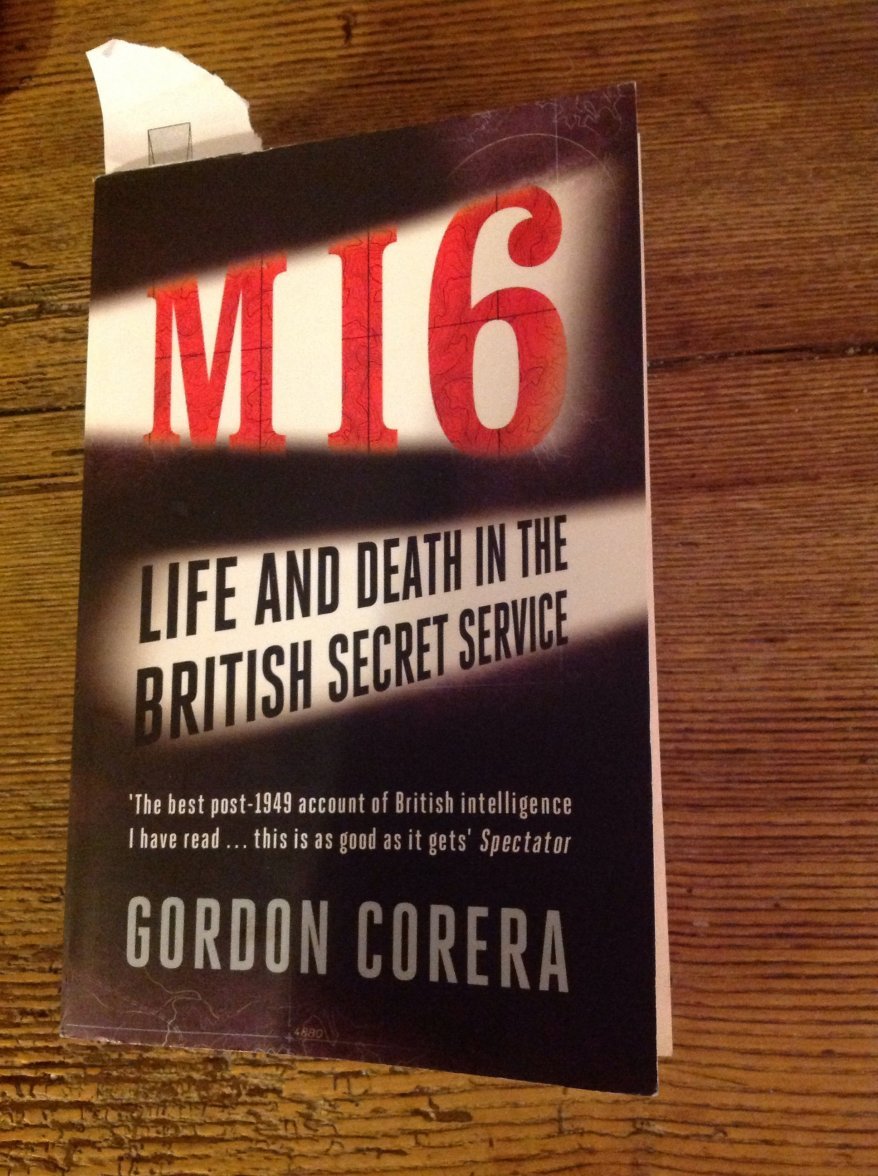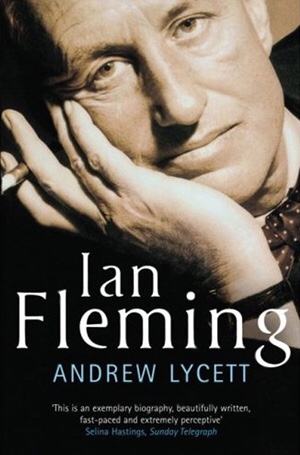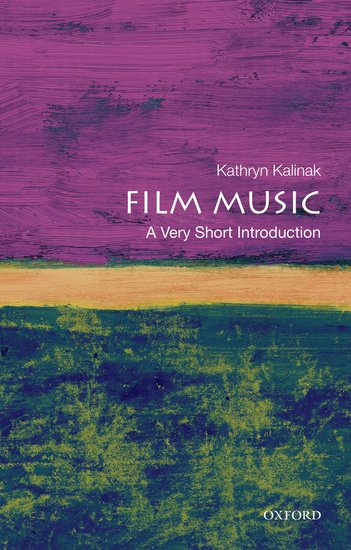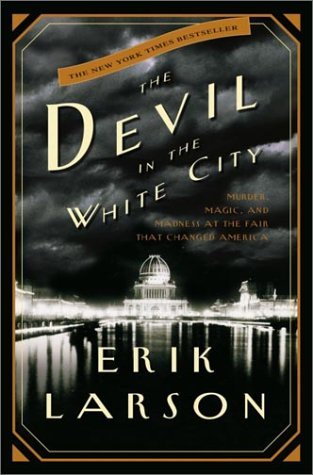I'm going to take the liberty of answering the question in a slightly different manner. I don't proselytize, but as this forum is a positive community made up of people who have at least one passion in common, I will make a couple of recommendations related to what I believe to be an extraordinarily important, impending event.
I've mentioned this on a couple of previous occasions, but I am
certain that there is yet another, major economic crises on the near-horizon. Politicians and central banks around the world had an opportunity to resolve systematic problems after the 2008 crisis, yet (predictably) chose to do the exact opposite. As a result, we are now at the peak of the biggest credit/debt bubble in the history of the world, and it will burst sometime soon.
Sadly, the vast majority of people, even those who are "educated" and living in advanced, first-world countries, have very little understanding of banking or broader economics. They are therefore susceptible to propaganda relating to economic issues, with which they are constantly bombarded.
The debts that have been created (largely by neo-Keynsians) by countries such as Japan and the U.S.
can never be repaid, except via hyperinflation. The U.S. is
$18 trillion in debt, and over
$100 trillion when unfunded liabilities are accounted for. There is no possible "growth" of GDP, tax revenues, etc., that could come close to repaying such sums. We are
already bankrupt.
Without going into greater detail (though I'd be happy to discuss the matter further), I'm going to recommend a couple of books that can be downloaded for free in pdf format. There are books that do a great job of helping to explain why we (and the world) are in such dire straights.
The first is, in the opinion of many smart people, the best overview of economics ever written.
Economics in One Lesson is an introduction to
free market economics written by
Henry Hazlitt, and first published in 1946. He based it on the thoughts of the great 19th century French economist
Frédéric Bastiat, but added many of his own ideas as well. It is an indispensable reference work, and you can download it by first following this link:
http://mises.org/library/economics-one-lesson
The other is a book by the Austrian School economist
Murray Rothbard. It is entitled
The Case Against The Fed. He provides a succinct account of the origins of money, through today's fractional reserve system, and makes a powerful case for why the Fed will need to be abolished in order develop a sounder and more fair economic platform. If you follow this link, you will be able to download a pdf version:
http://mises.org/library/case-against-fed-0
I can fully understand why members reading this might be put off by the seemingly dry, academic nature of these recommendations, but I will make two points in response. First, the less you understand of the current, wildly unstable economic system, the more likely you are to be harmed by the significant fallout from the next crisis. Secondly, these two authors are actually very good at writing in clear, understandable language, and distilling complicated issues into digestible prose. So while this isn't light, entertaining reading, it isn't terribly difficult, nor dry.
As a final note, if anyone is interested, I'd be happy to provide some links to economics blogs that are very valuable (in bite-sized form) in explaining where we are, and where we are headed.
Cheers,
Tony C.





